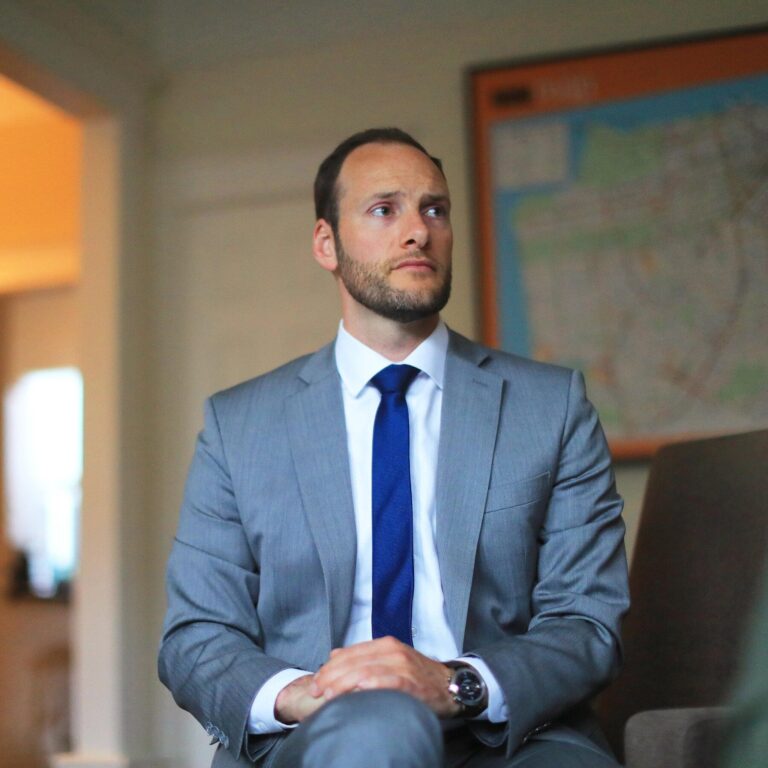San Francisco DA Recall Highlights Shifting Dynamics in Urban Criminal Justice
Public Discontent Over Crime and Justice Policies in San Francisco
The recent ousting of San Francisco’s District Attorney Chesa Boudin marks a significant expression of voter dissatisfaction with the city’s current criminal justice approach. This recall reflects mounting unease about escalating crime rates, particularly property offenses, and a perception that prosecutorial policies have been overly permissive. Many community members feel alienated from the justice system’s direction, demanding reforms that better balance public safety with rehabilitative efforts.
Several critical issues contributed to the recall movement:
- Rising property crime incidents: Residents have reported a noticeable uptick in burglaries and thefts, fueling anxiety.
- Debates over bail reform: Opponents argue that eliminating cash bail has led to increased recidivism among offenders.
- Calls for prosecutorial clarity: There is a strong push for more transparent and consistent standards in charging and sentencing decisions.
| Concern | Community Feedback | DA’s Approach |
|---|---|---|
| Property Crime | Surge in break-ins and thefts | Emphasis on diversion and alternative sentencing |
| Bail Reform | Viewed as too lenient, enabling repeat offenses | Advocated for eliminating cash bail to reduce incarceration |
| Transparency | Demand for clearer communication and accountability | Expanded community engagement and reporting |
Political Repercussions and the Future of Reform-Minded Prosecution in Cities
The recall in San Francisco serves as a bellwether for the increasingly contentious political climate surrounding progressive prosecutors in metropolitan areas. Reform advocates face growing resistance amid public fears about crime spikes and repeat offenders. This tension highlights the challenge of balancing innovative justice reforms with the public’s demand for safety and accountability.
Looking ahead, urban prosecutors committed to reform must carefully navigate these complexities by:
- Increasing transparency to foster community trust and understanding
- Adjusting prosecutorial priorities to directly address neighborhood safety concerns
- Partnering with law enforcement and social service agencies to implement comprehensive interventions
- Utilizing data analytics to evaluate policy outcomes and refine strategies
| City | Prosecutorial Philosophy | Recent Developments |
|---|---|---|
| San Francisco | Progressive, focused on rehabilitation | Recall vote reveals public division |
| Chicago | Community-centered, selective prosecution | Increased emphasis on accountability |
| New York City | Balanced reform with firm stance on violent crime | Ongoing policy adjustments |
Influence of Public Opinion and Media on District Attorney Accountability
The interplay between voter attitudes and media narratives plays a crucial role in shaping the accountability of district attorneys. Public perceptions, often molded by media framing and social media discourse, can rapidly transform localized legal issues into widespread political movements. In San Francisco’s case, media portrayals have significantly influenced whether the DA is seen as a reform champion or as ineffective, impacting voter decisions.
Key elements driving this dynamic include:
- Media framing: The tone and perspective of coverage can either heighten public fears or alleviate concerns about prosecutorial effectiveness.
- Social media influence: Viral, emotionally charged content accelerates collective judgment and mobilization.
- Political polarization: Preexisting beliefs often interact with media messages, reinforcing opinions and sometimes overshadowing nuanced facts.
| Factor | Effect on DA Accountability |
|---|---|
| Media Narratives | Shape public views on competence and integrity |
| Voter Sentiment | Influences electoral outcomes and tenure |
| Social Media | Speeds up mobilization for or against recall efforts |
Recognizing this relationship is vital to understanding the broader political and judicial implications of recall campaigns. District attorneys operate at the intersection of law enforcement and community expectations, with their careers increasingly subject to the ebb and flow of public opinion shaped by media channels. The San Francisco recall exemplifies how accountability now extends beyond legal arenas into the realm of public discourse and digital platforms.
Approaches to Rebuilding Public Confidence While Balancing Reform and Safety
Reestablishing trust requires a sophisticated strategy that addresses the community’s desire for effective safety measures alongside meaningful justice reforms. Transparent communication about policy changes and their impacts is essential to dispel misinformation and demonstrate responsiveness. Inclusive policymaking that engages diverse stakeholders—from victim advocates to civil rights groups—helps ensure reforms are both equitable and practical.
- Open sharing of crime data and prosecution results to foster informed public dialogue.
- Investment in community-led initiatives aimed at crime prevention and reducing incarceration reliance.
- Comprehensive training for prosecutors and law enforcement emphasizing empathy, cultural awareness, and legal expertise.
Balancing reform with public safety also involves clearly defined priorities that resonate with community expectations. For example, while diverting low-level drug offenses toward treatment, prosecutors can adopt a firm stance on repeat violent crimes. The following framework illustrates how such priorities might be structured to address both justice and safety concerns:
| Type of Offense | Reform Emphasis | Public Safety Actions |
|---|---|---|
| Non-violent drug offenses | Treatment programs and alternatives to incarceration | Ongoing monitoring and community support |
| Minor property crimes | Restorative justice and reduced bail requirements | Prompt prosecution and probation with regular check-ins |
| Violent crimes | Strict prosecution and enhanced victim assistance | Prioritized resource allocation and zero-tolerance policies |
Final Thoughts: The San Francisco Recall as a National Indicator
The removal of San Francisco’s District Attorney Chesa Boudin encapsulates the ongoing national discourse on criminal justice reform, public safety, and political responsibility. Voters’ concerns about rising crime and demand for swift action have highlighted the friction between progressive prosecutorial models and community expectations. This episode offers a critical perspective for policymakers and citizens nationwide as they confront the intricate task of reforming justice systems while preserving public trust. Ultimately, the San Francisco recall is not merely a local political event but a signal of how cities across America are wrestling with the future of crime, punishment, and democratic accountability.




